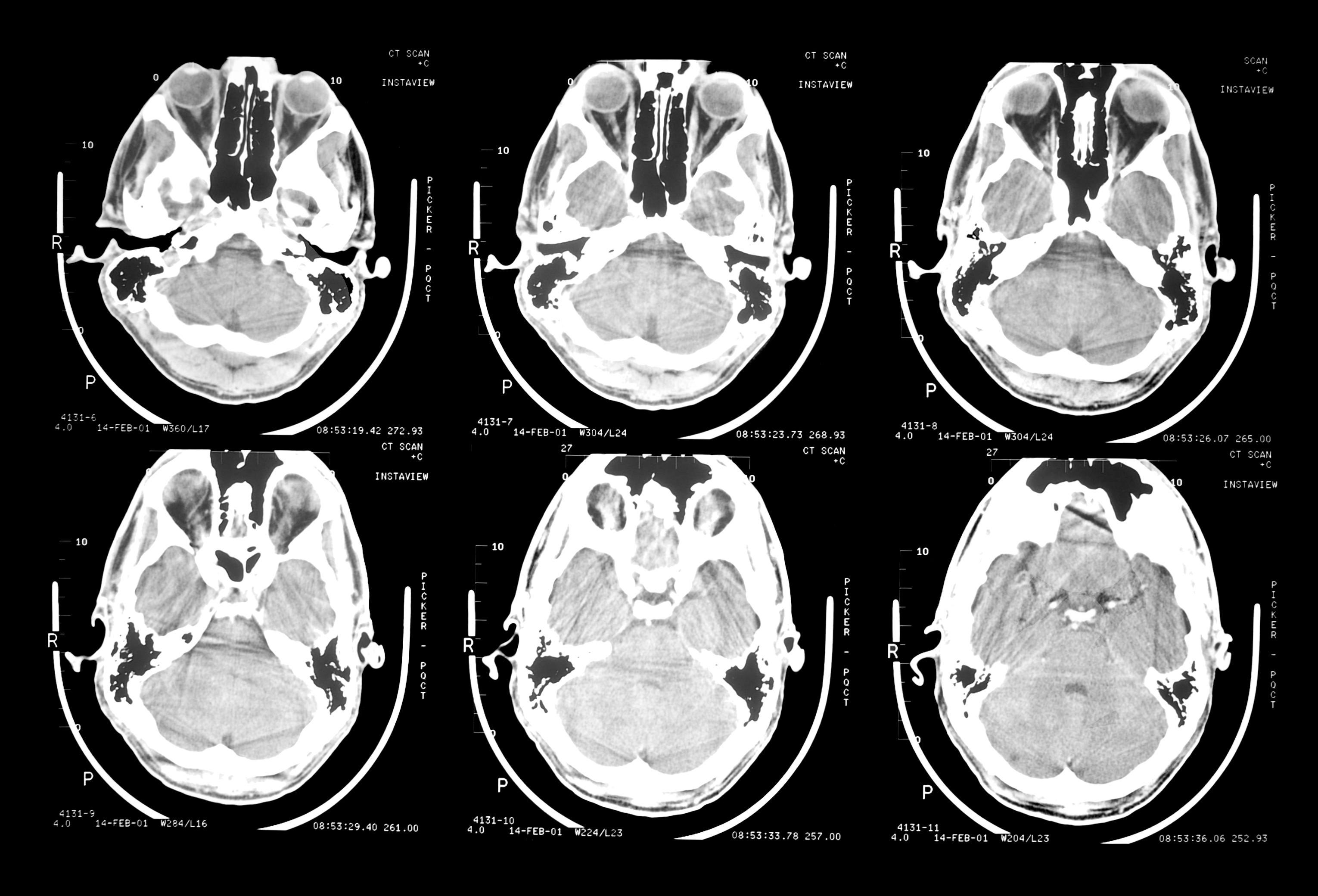New Method To Stop Cerebro-Spinal Fluid Leaks After TBI
Cerebro-spinal fluid (CSF) is the sterile fluid that bathes the brain and spinal cord and cushions them from trauma. Approximately 80% of all cases of leakage of CSF are caused by trauma with the rest occurring as a consequence of surgery. On March 23, 2014, Cook Medical (a medical products company headquartered in







